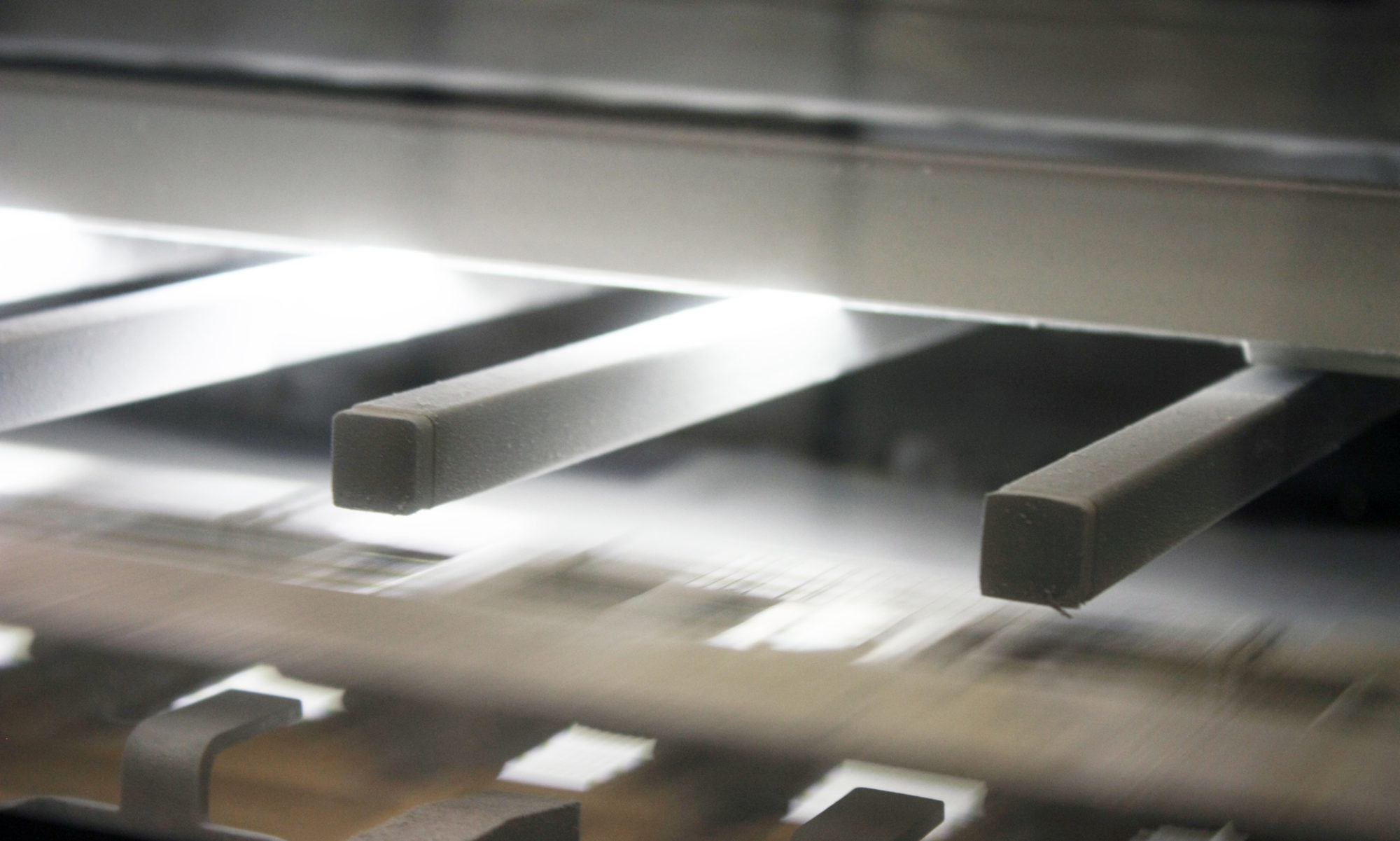As an enthusiastic capitalist I am very much in favour of Belt and Road.
The first train to arrive in the UK direct from China was earlier this year. It took 16 days rather than the normal 32 days by sea.
More trade is a good thing as it brings wealth and prosperity, and that is what capitalism is all about. We want Chinese commercial goods and China wants ours so getting them to each other as efficiently as possible makes sense for both countries. China is the second largest but fastest growing economy in the world. The UK is the 6th largest even if it does only have a population of 65 million and a land mass that would nearly fit twice into Gansu Province. More trade makes sense for both of us.
I also have to say that although I am a fan of it; our system in Britain creates problems when it comes when it comes to large infrastructure projects. Most politicians have a time line that is focussed upon the next election. At best therefore, this is five years. Big projects cost a great deal in the short term and do not bring voter benefits within that horizon. This provides a disincentive to long term investment in infrastructure. Belt and Road helps with this.
When politicians do decide that infrastructure is needed other issues with our system emerge. We should by now be producing natural gas, cheaply and efficiently via fracking, but objectors are slowing the process down. We should have another runway for London but the objectors are inevitably in the way.
I fervently hope that President Xi and those taking decisions for him about where to invest with Belt and Road are not put off by this noise and continue to invest in the UK. In providing funding for infrastructure one of the large barriers to growth has been removed and it should be enthusiastically encouraged.
Modern news and communication in increasingly internet based, certainly in my previous business. We may produce and sell more copies of newspapers every day of the week with The Mail and Metro than anyone else in the UK but the numbers of people reading the global Mail Online content at 230 million per month dwarf this. There is a parallel with Belt and Road as this transformation is about speed. A digital signal arrives across the globe instantaneously and efficiently once the infrastructure is in place so that moving the product costs little or nothing. The old newspaper model cannot compete with that. The Daily Mail and its development of Mail Online is seen globally as one of the most successful media organisations at adapting to the new electronic world. I can assure that it is not a comfortable experience as even when you believe that you have found a model that works you will have to change and change again.
In football parlance we have to run to where the ball is going , not where the ball is and assumptions about is direction of travel can be wrong.
I also believe that we are only at the start of this fast developing internet journey as the consumption of news and data moves to mobile, mobiles themselves will metamorphose into a range of devices tailored to our individual requirements both physically and in content terms. News will become interactive as will education. This conference is all about educating and communicating the benefits of Belt and Road. It is essential if we are to get understanding this huge initiative which with good communication could help enormously in ensuring our more trade, prosperity, understanding and our peaceful coexistence.
My thanks to Gansu Province and the People’s Daily for providing the opportunity for me to attend and speak at the 2017 Belt and Road Media Forum.
For more information on the conference see http://en.beltroadforum.com/news.
